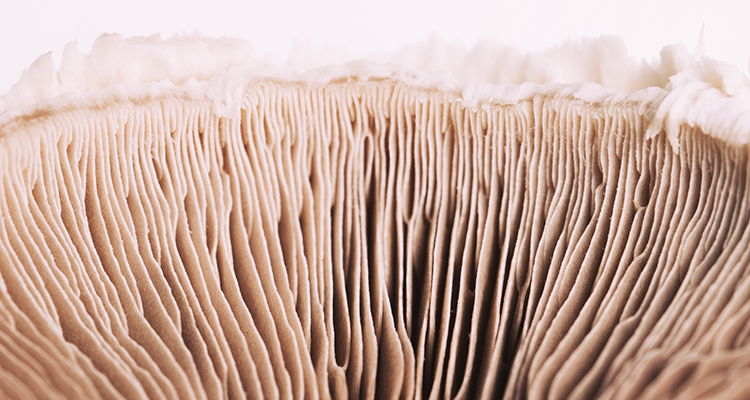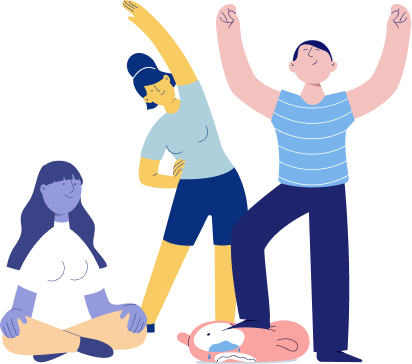The first time taking a step hurt, the blare of the alarm clock I was trying to reach added insult to injury. The sharp pain shooting through my foot subsided within a few minutes but the shock of it didn’t. Waking up in pain for no reason was frightening. It’s different than waking up in pain after an accident. Fear intensifies when you don’t know why you hurt. Anxious thoughts raced through my mind.
Is this what getting old feels like? (I was in my early thirties and didn’t know how young I was).
Is something serious wrong with me?
And the worst thought, Will it always be this way? Is this what I have to look forward to forever?
I felt embarrassed about the pain. Betrayed by a body failing me far too soon. Waking up in pain day after day made me feel old. I didn’t want anyone else to think I was old.
Too embarrassed to go to the doctor, I crept along like an ancient woman the first few minutes of every day. I didn’t want to talk about it. I began setting the annoying alarm clock even earlier because I couldn’t move as fast.

Finally, during my annual physical, I mentioned the pain in my feet. My doctor diagnosed plantar fasciitis. After that, I did stretching exercises before I got out of bed. The pain subsided. I felt foolish for not asking for help sooner.
But mostly, I felt young again. Unfortunately, the relief of not being in pain didn’t last long. The next year my joints, especially my hip joints, began aching. Just touching anywhere near my hips could make me yelp from the pain. I didn’t delay seeing the doctor this time. I wasn’t making that mistake again. I was hopeful he could help again. That wasn’t to be.
After running blood tests, he diagnosed Rheumatoid Arthritis. He prescribed pain pills and gave me pamphlets to read. I never read them.
When my body started experiencing pain, my life was full of stress. I was a single mom who had moved across the country to take a job only to have the company bought out six weeks after I arrived. Four months later, I knew the company was going to close my location but they had a retention plan that would pay me six months’ salary… if I stayed until they closed.
It took eighteen months for the company to close. I didn’t take any vacations because I didn’t know what would happen when I was laid off. I was saving every penny I didn’t have to spend. Putting on a strong face in front of my children took a toll. The stress of knowing you’d be laid off but not being able to do anything about finding a new job because you had to stay until the job end date to get six month’s pay eats at you.
Back then, I didn’t know that stress and pain are connected or that stress can ravage the body.
I’m glad I never refilled the prescription the doctor gave me for pain. Chronic pain affects nearly one-third of the US population and many pain sufferers slide into addiction. I don’t know where I would be if I had continued taking those pain pills. I don’t even know if I’d be able to get them today when doctors are so hesitant to prescribe painkillers for chronic conditions because of the opioid crisis. Opioids claimed 72,000 lives last year.

I figured out that heat eased the pain. A heated mattress pad on the bed, heated lap throw on the sofa, and a heating pad in my office was enough to keep the pain manageable.
It took another decade before I was pain free. I don’t know if the doc misdiagnosed rheumatoid arthritis or if I’ve somehow cured it. I do know I’m glad I didn’t read those pamphlets because our expectations of pain influence the pain we experience. Knowing what I now know about rheumatoid arthritis, if I’d read those pamphlets I would have expected a progressive disease that became debilitating.
Our expectations influence our experiences, including our experience of pain. When we’ve experienced a prolonged injury that caused pain, our neural pathways can become sensitized to the triggers that caused pain when the injury was present. After the injury heals, if our brain believes we will experience pain when a trigger occurs, the neurons fire causing us to experience pain even though there’s no injury to the body.
I’m not saying that pain is all in the head, this is just how pain and our brain works. When we experience pain, a pattern of experiencing pain can develop as pain persists. The longer the pain lasts, the more wired pain gets.

This is a “good news, bad news” scenario. It’s awful for folks who don’t know the pain may just be habitual. It’s a blessing for folks who know it and retrain their brain so they don’t feel the pain.
Heat helped me manage the pain for years but it wasn’t until I learned how to manage stress, and pain-anxiety, did my pain disappear. I’m still amazed that I’ve been pain free for a decade. Well, it still hurts when I stub my toe or hit my finger with a hammer. But I’m free of chronic pain in my hips, feet, back, and neck.
Mindfulness, positive reappraisal, emotion regulation, deep breathing, relaxation, and stress management skills all give you mastery over the way you use your mind. When you have more control over your mind, you have more control over how much pain you experience. I would have been pain free much sooner if it I had known what I know today.
Please note: This article is made available for educational purposes only, not to provide personal medical advice.
Pathways Helps You Break The Pain/Fear Cycle
Enjoy any one of our hundreds of meditations










